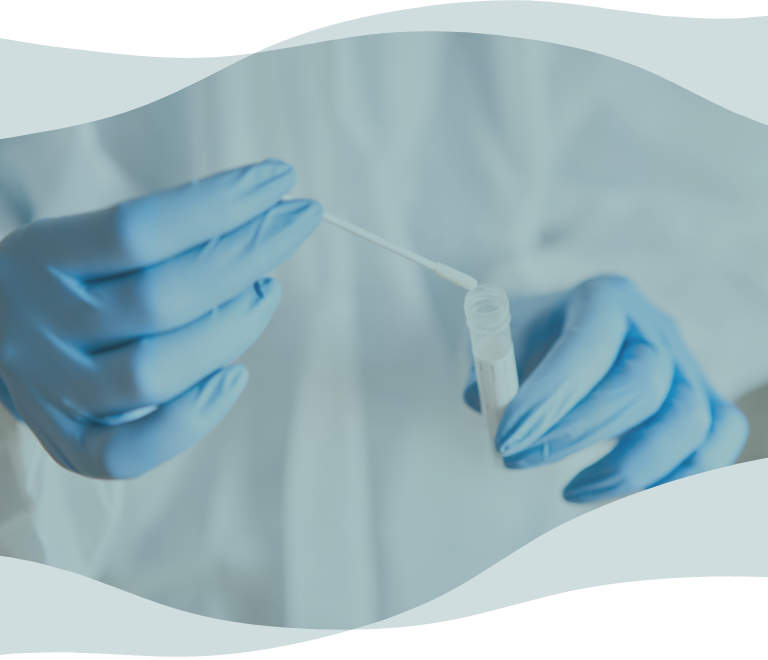THIS SITE IS FOR U.S. HEALTHCARE PROFESSIONALS ONLY
BRCAmut+ Metastatic Castration-Resistant Prostate Cancer (mCRPC)
SELECT INDICATION
The majority of adverse reactions and lab abnormalities were Grades 1 or 21


Recommended for:
Consider for:
Recommended for:
Considered for:
Somatic testing may require repetition when prostate cancer progresses after treatment
BRCA mutations can be detected using tests that analyze tissue or circulating tumor DNA from blood1,8
The information contained in this website is intended for U.S. healthcare professionals only.
By clicking the button below, you acknowledge that you are a U.S. healthcare professional.